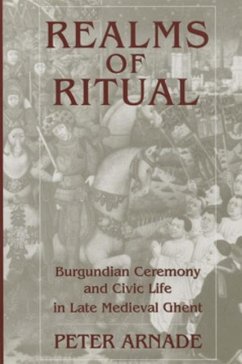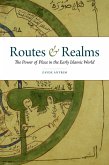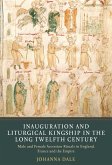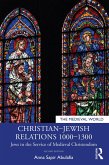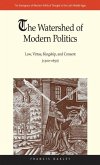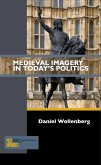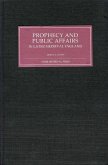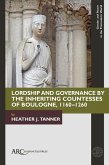While earlier historians have seen the elaborate public rituals of the Burgundian dukes as stagnant forms held over from the chivalric world of the High Middle Ages, Peter Arnade argues that they were a vital theater of power through which the ducal court and the urban centers constantly renegotiated their relationship. This book is the first to apply the combined insights of social, political, and cultural history to an important but little-explored area of medieval and early modern Europe, the Burgundian Netherlands. Realms of Ritual traces the role of ritual in encounters between the dukes of Burgundy (later the Habsburg princes) and the townspeople of Ghent, the most important city in the county of Flanders.
Arnade analyzes city-state ceremonies through which Ghent's aldermen, patricians, guildsmen, and the city's military and drama confraternities confronted local power and the growth of the Burgundian state. In the first serious reappraisal of Johan Huizinga's classic work The Waning of the Middle Ages, Arnade confirms Huizinga's vision of a Low Country society rich in public symbols, yet reveals the city-state conflict within which such ritual thrived. He offers a dramatically new perspective on the Northern Renaissance, as well as a historical/anthropological model for the study of urban-state relations.
Arnade analyzes city-state ceremonies through which Ghent's aldermen, patricians, guildsmen, and the city's military and drama confraternities confronted local power and the growth of the Burgundian state. In the first serious reappraisal of Johan Huizinga's classic work The Waning of the Middle Ages, Arnade confirms Huizinga's vision of a Low Country society rich in public symbols, yet reveals the city-state conflict within which such ritual thrived. He offers a dramatically new perspective on the Northern Renaissance, as well as a historical/anthropological model for the study of urban-state relations.
Dieser Download kann aus rechtlichen Gründen nur mit Rechnungsadresse in A, D ausgeliefert werden.

